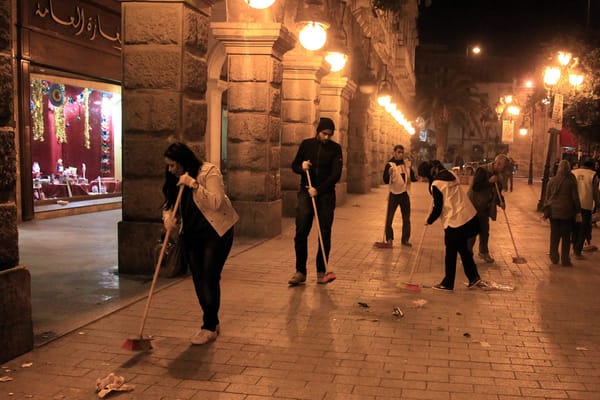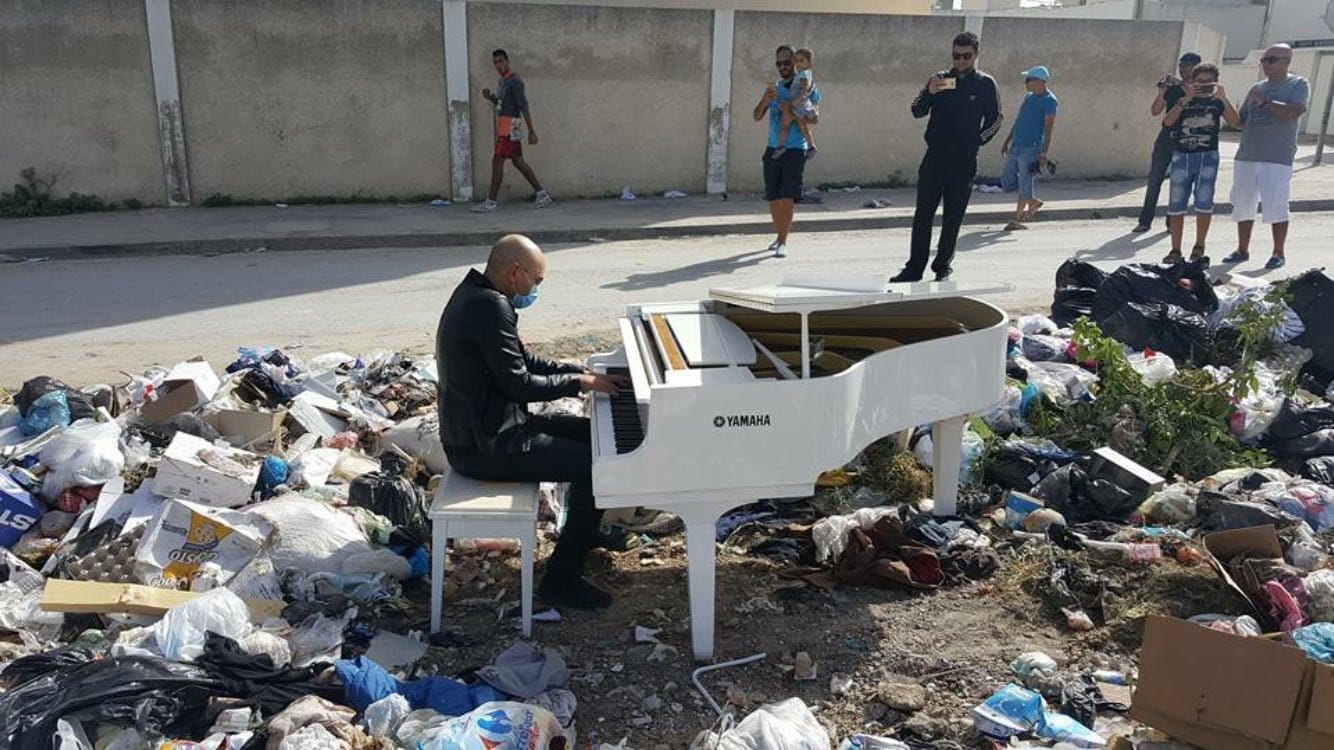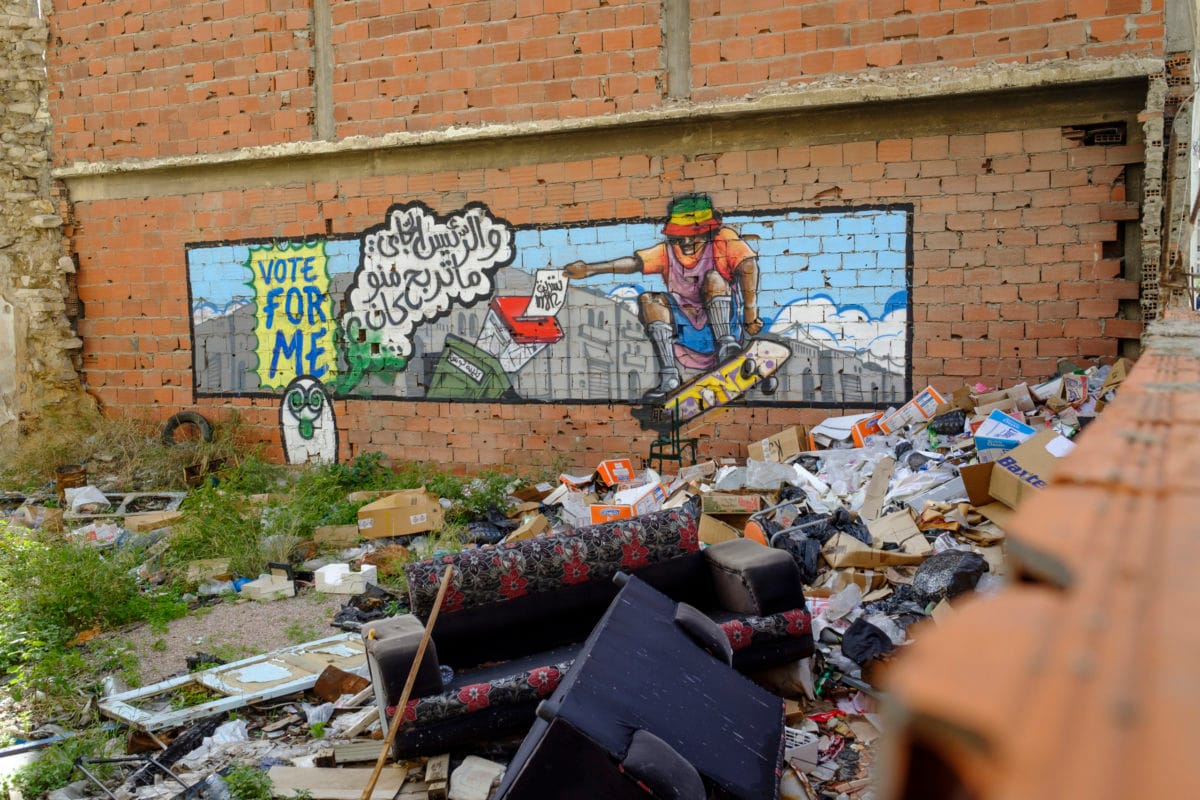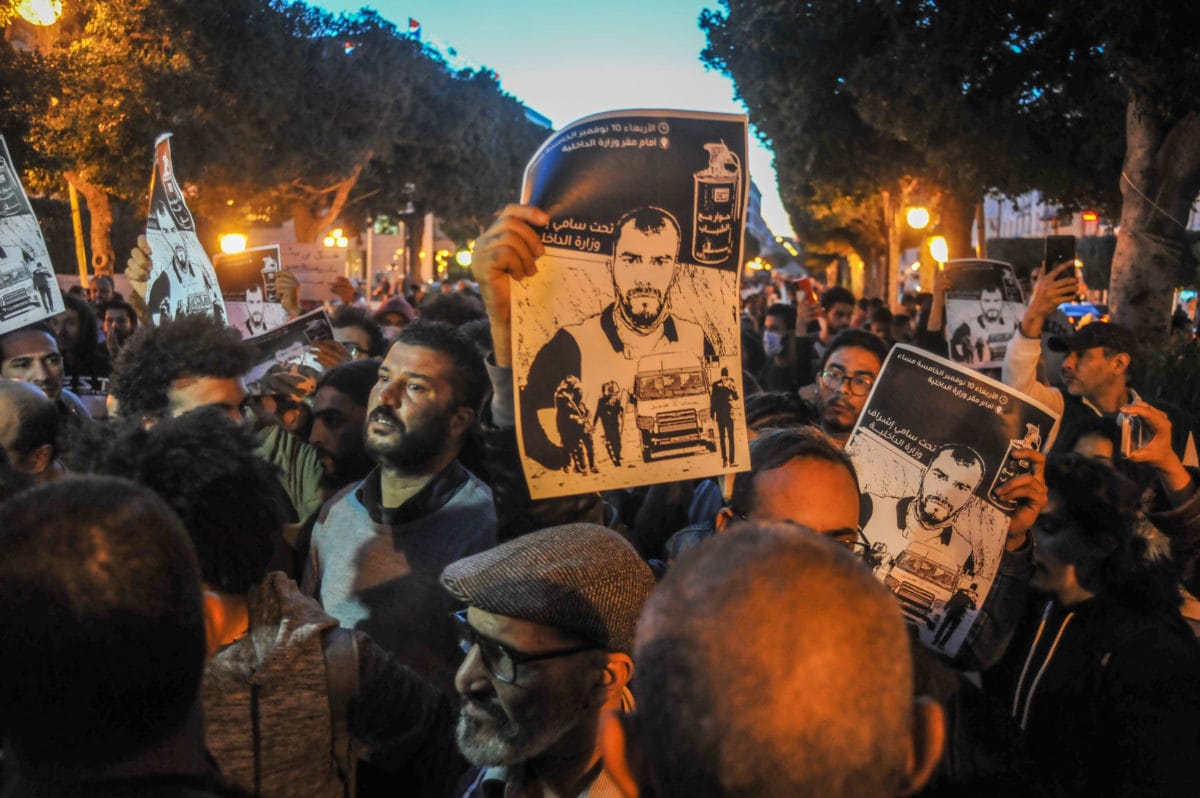Whatever Happened to Dignity? The Politics of Citizenship in Post-Revolution Tunisia
Dignity was a principle demand of the 2011 revolution that overthrew Zine El Abidine Ben Ali in Tunisia. Nadia Marzouki examines how that demand has informed the practices of youth and other marginalized groups as they mobilize for quotidian causes like clean streets. President Kais Saied’s recent p














